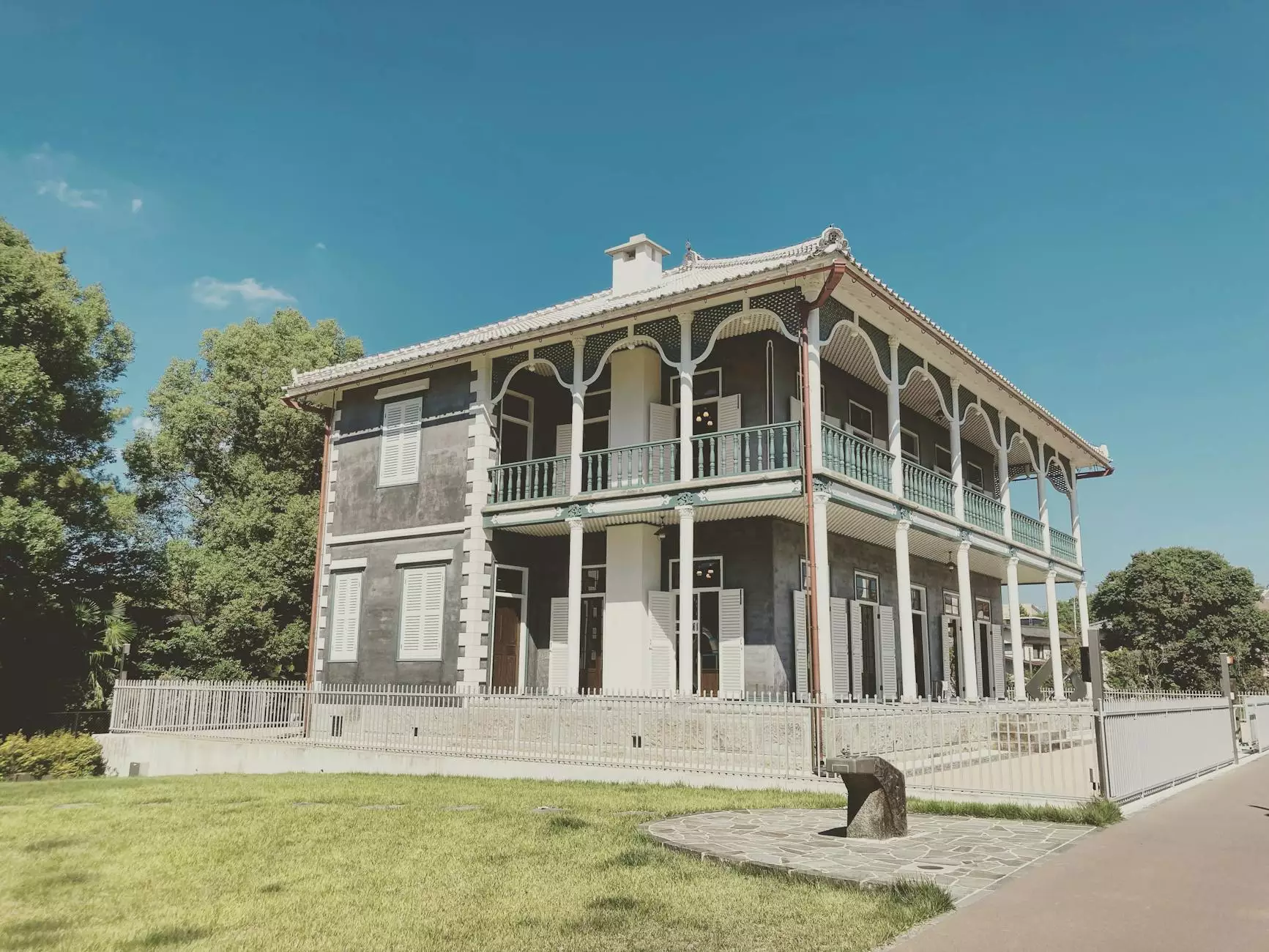Lung Cancer Treatment in Singapore

Lung cancer is one of the most prevalent types of cancer globally, and it is a leading cause of death in many countries, including Singapore. However, advancements in lung cancer treatment options have improved the prognosis and quality of life for many patients. In this comprehensive article, we will explore various aspects of lung cancer treatment in Singapore, including the latest medical technologies, therapies available, and the importance of holistic patient care.
Understanding Lung Cancer
Lung cancer occurs when abnormal cells in the lungs grow uncontrollably. There are two main types of lung cancer:
- Non-small cell lung cancer (NSCLC): This is the most common type, accounting for about 85% of all lung cancer cases.
- Small cell lung cancer (SCLC): This type is less common but usually more aggressive.
Early detection is crucial for effective treatment, making awareness of symptoms such as persistent cough, chest pain, and unexplained weight loss essential.
Diagnosis of Lung Cancer in Singapore
Accurate diagnosis is the first step toward effective lung cancer treatment. In Singapore, advanced diagnostic techniques are employed, including:
- Chest X-rays: Often the first step in detecting lung abnormalities.
- CT Scans: Provide detailed images of the lungs and can identify tumors that X-rays may miss.
- Biopsies: Involves taking a sample of lung tissue to determine if cancer is present.
- PET Scans: Help determine if cancer has spread to other areas of the body.
Singapore's healthcare system utilizes state-of-the-art equipment and techniques for an accurate diagnosis, facilitating early intervention.
Latest Treatment Options for Lung Cancer in Singapore
The treatment landscape for lung cancer has evolved considerably, with several effective options available for patients in Singapore:
Surgery
For early-stage lung cancer, surgery may be the best option. A lobectomy (removal of a lobe of the lung) or a pneumonectomy (removal of an entire lung) are common surgical procedures. In Singapore, surgical teams specialize in minimizing recovery time while maximizing cancer removal.
Radiation Therapy
Radiation therapy uses high-energy rays to kill cancer cells. In Singapore, this treatment can be used as a standalone therapy or combined with surgery and chemotherapy, notably:
- Stereotactic Body Radiotherapy (SBRT): A highly precise radiation therapy that targets tumors while sparing healthy tissue.
- Conventional Radiation Therapy: Utilizes external beam radiation over several weeks.
Chemotherapy
Chemotherapy uses drugs to kill fast-growing cancer cells. In cases of advanced lung cancer, this treatment can be essential in controlling the disease and alleviating symptoms. The following are common chemotherapy regimens used in Singapore:
- Platinum-based therapies: Such as cisplatin and carboplatin.
- Targeted therapies: These aim at specific genetic mutations in cancer cells and include drugs like erlotinib and osimertinib.
Immunotherapy
Immunotherapy has become a revolutionary approach in treating lung cancer by harnessing the body's immune system to fight cancer. Medications like pembrolizumab and nivolumab are part of this treatment landscape. Singapore's hospitals are at the forefront of this innovative treatment.
The Role of Multidisciplinary Teams
The fight against lung cancer requires a coordinated effort, and Singapore excels in providing a multidisciplinary approach through collaboration among:
- Oncologists: Cancer specialists who oversee treatment plans.
- Radiologists: Experts who interpret imaging studies.
- Surgeons: Specialists performing surgical interventions.
- Nurses and support staff: Critical in providing care and support to patients.
This collaborative methodology ensures patients receive comprehensive care tailored to their specific needs.
Support Services for Patients
Beyond medical treatment, support services play a vital role in the overall lung cancer treatment experience. Singapore offers various support systems for patients and their families, including:
Patient Education
Patients are educated about their condition, treatment options, and what to expect throughout their journey. Access to educational resources, such as workshops and seminars, helps demystify the treatment process.
Counseling Services
Emotional and psychological support is provided through counseling services, allowing patients to navigate the emotional challenges of cancer diagnosis and treatment.
Support Groups
Joining support groups can be an invaluable resource, as patients connect with others who share similar experiences, fostering a strong support network.
Rehabilitation Services
After treatment, many patients may benefit from rehabilitation programs offered in Singapore, which focus on restoring physical strength and improving quality of life through:
- Physical Therapy: Aids in recovery and helps manage physical symptoms.
- Nutritional Counseling: Ensures patients maintain a healthy diet during and after treatment.
- Palliative Care: Emphasizes comfort and quality of life for those with advanced cancer.
Conclusion
Lung cancer treatment in Singapore combines advanced medical technology, a multidisciplinary approach, and comprehensive patient support services, leading to improved outcomes for patients. Understanding the available treatments and support systems empowers patients and their families to make informed decisions. With ongoing research and advancements, the future of lung cancer treatment continues to hold promise.
For more information regarding lung cancer treatment options in Singapore, visit hellophysio.sg and discover how healthcare professionals can assist you in your battle against lung cancer.
lung cancer treatment singapore








